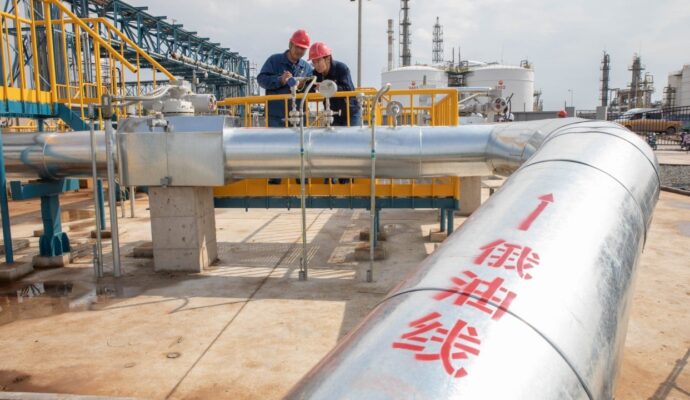
Advertisement
Unlike most genes, which evolve from existing genes through duplication and modification, “motherless” de novo genes come from DNA that previously had no function. These new genes are thought to be key to some uniquely human traits, such as our advanced cognitive abilities and susceptibility to certain diseases.
“We identified 37 young de novo genes,” the team said in a paper published in the peer-reviewed journal Cell Genomics on July 17, adding that they found strong evidence that these genes were functional and actively coded for the creation of proteins.
“Collectively, this set of 37 genes represents the most rigorously validated catalogue of young human de novo genes to date.”
Advertisement
The researchers said that the expression of these genes was “significantly” increased in tumours, while the deletion of some of the genes could suppress the proliferation of tumour cells.


